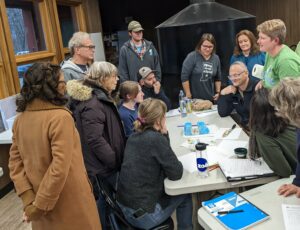This spring, Rachel Walker, Principal Geologist at Mundell & Associates, presented “Indiana Geology” to the Indiana Master Naturalist Program sponsored by the Resource Conservation & Development Councils, Indiana Soil & Water Conservation Districts, Purdue Cooperative Extension Service and Indiana Department of Natural Resources.
Rachel discussed many aspects of geologic history in Indiana including natural resources from Indiana geology that are a part of our economy today, Karst topography and an interactive exercise in bedrock mapping.
Through paleogeographic maps and fossils commonly found in Indiana, the class learned how Indiana spent most of its geologic history as a warm shallow sea. Over hundreds of millions of years, the sedimentary layers of shells and hard parts of brachiopods, gastropods, bivalves and other marine invertebrates that inhabited those seas became the limestone that Indiana is known for today.
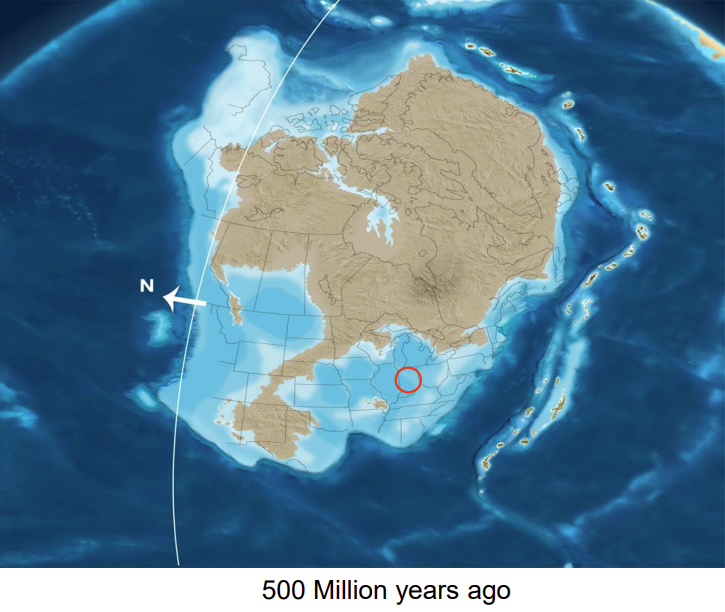
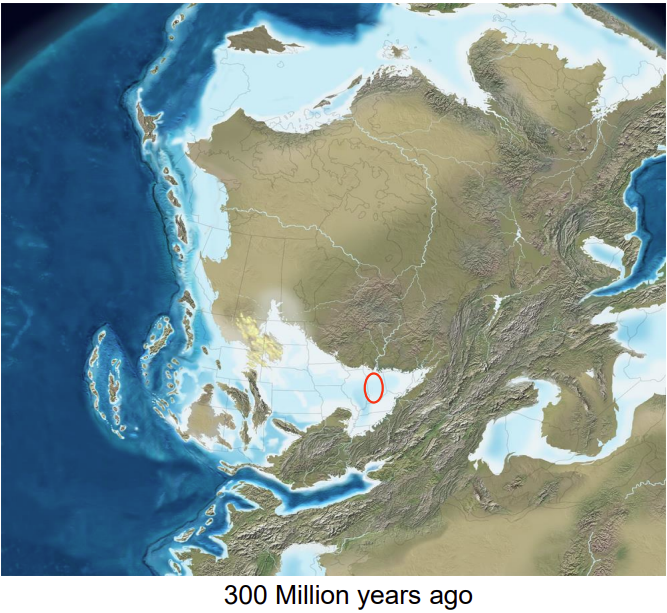
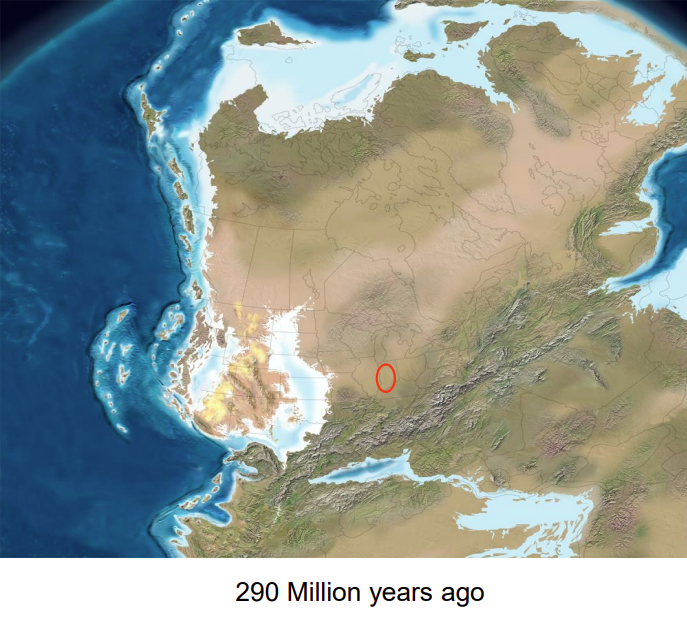
The class covered the different types of typography in the southern part of the state, which is mainly characterized by Karst topography, as compared to central and northern parts which were covered by glaciers.
Karst is a distinctive type of landscape or topography that commonly occurs where limestones and
dolostones are at the surface. Slightly acidic rainwater and water in the soil slowly percolate through
fractures, dissolving the rock and creating sinkholes, caves, and many other features that characterize
karst.
Karst regions are particularly sensitive to groundwater contamination because surface waters can move rapidly and flow directly into the subsurface at sinkholes. This water flows underground without the benefit of filtration by soil and bedrock or exposure to sunlight that might remove some organic contaminants. In rural regions, properly using insecticides, herbicides, and fertilizer is key to protecting karst aquifers. Urban regions need to be aware of the use of fertilizers as well to prevent groundwater contamination, but also properly managing impermeable surfaces so that sinkholes which normally drain waters are not blocked and cause flooding.

A highlight of the class was the Geology Cake Exercise where the students “drilled” holes using clear straws in a layered cake as a demonstration of how geologists use data from drilled holes as one part of mapping bedrock surface.
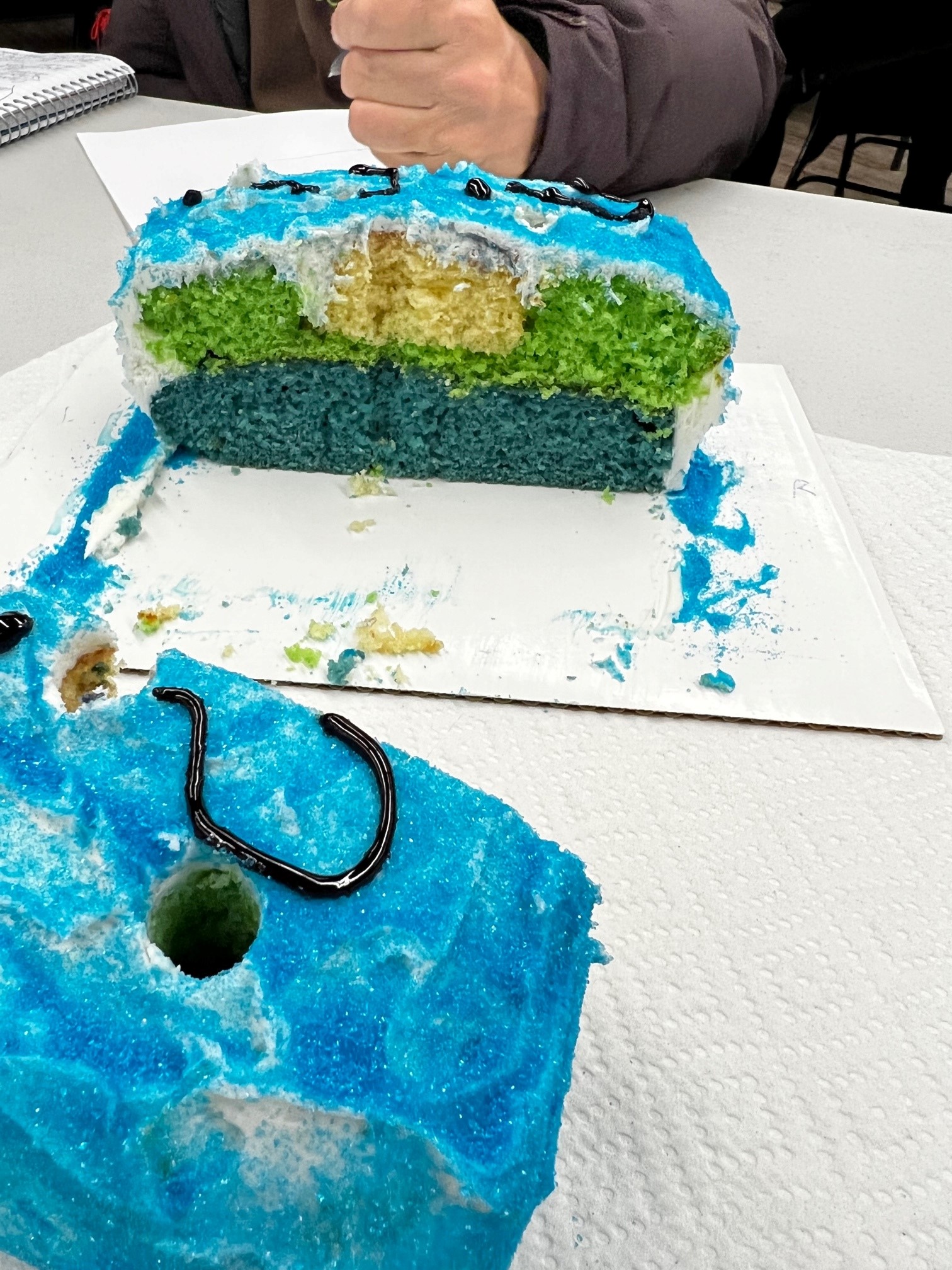
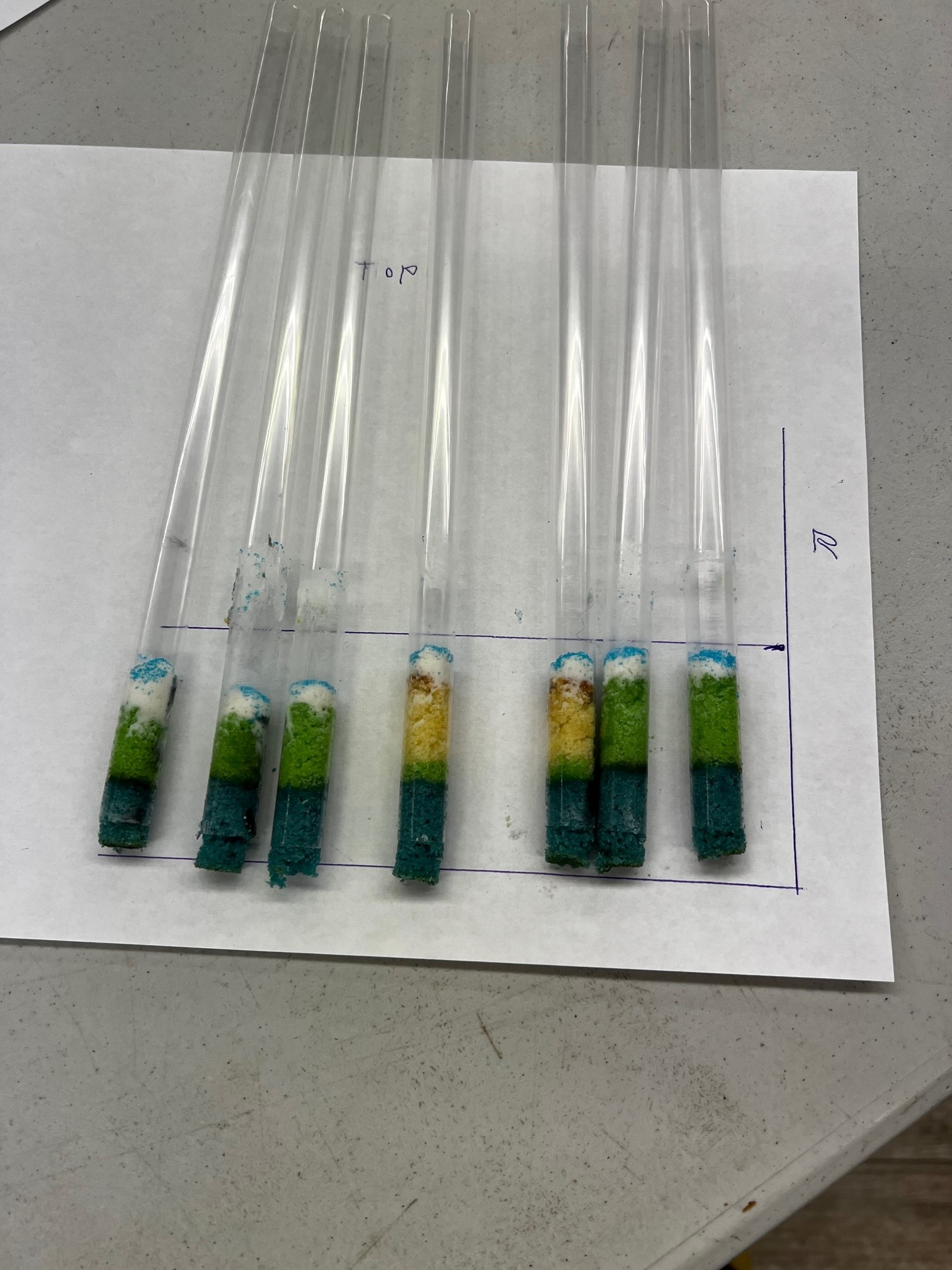
The Indiana Master Naturalist is a great opportunity to go in-depth on topics like these with natural resource specialists such as Rachel from around the state. Adults and children 9 years are older are welcome to participate at one of the many locations and program times throughout the state. If you are interested in fostering an understanding of Indiana’s plants, water, soils and wildlife visit the DNR website to learn more: https://www.in.gov/dnr/state-parks/programs/indiana-master-naturalist-program/


